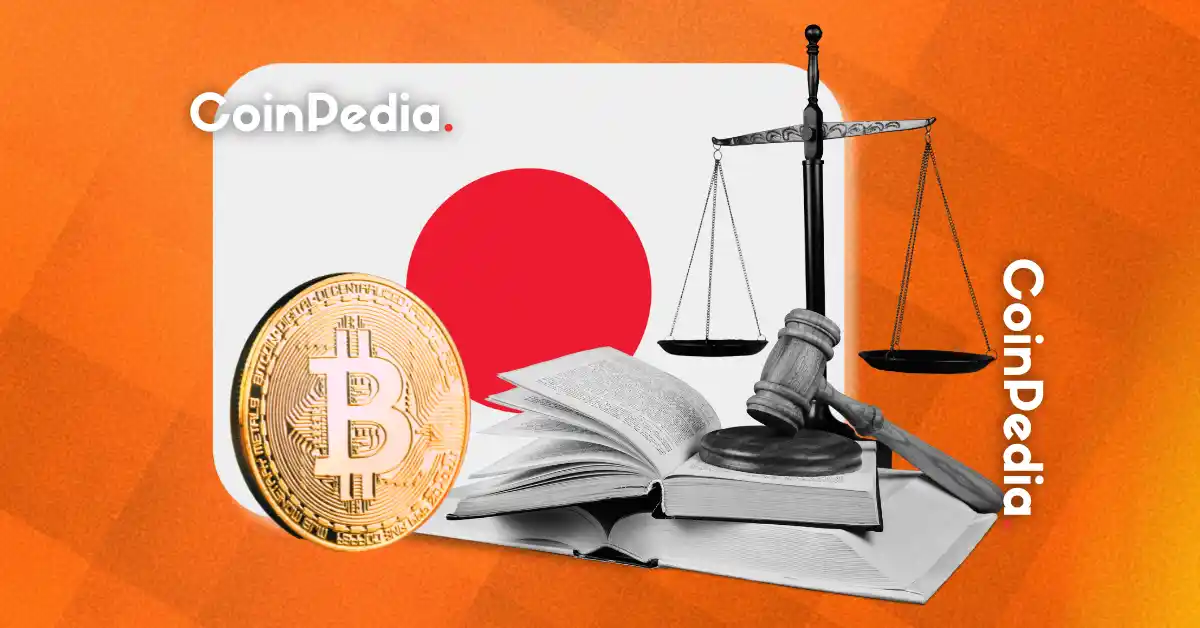
Japan is getting serious about crypto and the changes coming could shake up everything from taxes to Bitcoin ETFs.
On June 24, the Financial Services Agency (FSA) released a document that could mark a turning point for the country’s approach to digital assets. Titled “Considerations regarding the structure of the system surrounding crypto assets,” the report confirms a new working group has been set up to explore major regulatory reforms.
These proposals will be discussed further at a Financial Services Council meeting on June 25.
Here’s why you should care.
Right now, crypto in Japan is regulated under the Payment Services Act – a framework that doesn’t really match how people are using these assets today. The FSA is now considering moving crypto under the Financial Instruments and Exchange Act (FIEA), which would officially treat digital assets as financial products.
That one change could open up a lot of doors.
One of the biggest outcomes of this shift? Lower taxes.
Under current rules, crypto investors face up to 55% in comprehensive taxation. But under FIEA, the system would switch to a flat self-assessment tax of around 20%, just like stocks.
It’s a move that could make Japan far more appealing to both everyday investors and institutions, especially those holding back due to the heavy tax burden.
Another major change in sight: Japan could lift its ban on Bitcoin ETFs.
If crypto is treated as a financial product, it paves the way for regulated crypto investment vehicles – something Japan has held back on for years. With ETFs gaining traction globally, this would bring the country in line with bigger markets and potentially attract new capital.
These changes aren’t coming out of nowhere. They’re part of Japan’s wider push to grow its economy through innovation and digital assets.
The government’s Grand Design and Action Plan for New Capitalism (2025) makes it clear: crypto, NFTs, and other Web3 tools are now part of the plan to boost productivity and unlock value across Japan’s regions. The goal is to support businesses, create investment opportunities, and tap into digital assets in ways that help Japan compete globally.
Interestingly, Japan’s sudden crypto momentum might be linked to growing support for crypto in the U.S., especially under the Trump administration and in pro-crypto states like Texas.
For Japan, a country known for its cautious stance, this looks like a clear pivot from regulation to integration. And if these proposals go through, it could be the moment Japan officially steps back into the global crypto race.
If crypto is reclassified as a financial product under FIEA, Japan is likely to lift its ban on Bitcoin ETFs, aligning with global trends and potentially attracting new capital into the country’s crypto market.
Japan’s regulatory shift is driven by a desire to modernize its crypto framework, eliminate outdated regulations, protect its global financial reputation, and align with global trends, especially growing crypto support in the U.S.
CoinPedia has been delivering accurate and timely cryptocurrency and blockchain updates since 2017. All content is created by our expert panel of analysts and journalists, following strict Editorial Guidelines based on E-E-A-T (Experience, Expertise, Authoritativeness, Trustworthiness). Every article is fact-checked against reputable sources to ensure accuracy, transparency, and reliability. Our review policy guarantees unbiased evaluations when recommending exchanges, platforms, or tools. We strive to provide timely updates about everything crypto & blockchain, right from startups to industry majors.
All opinions and insights shared represent the author's own views on current market conditions. Please do your own research before making investment decisions. Neither the writer nor the publication assumes responsibility for your financial choices.
Sponsored content and affiliate links may appear on our site. Advertisements are marked clearly, and our editorial content remains entirely independent from our ad partners.
Chainlink (LINK) price is gaining momentum as Bitcoin’s surge to a new all-time high fuels…
The global cryptocurrency market is climbing once again, with total market capitalization rising 2.23% to…
The idea of XRP reaching $100 might sound far-fetched, but behind the bold prediction lies…
As the calendar turns to October, a month often associated with bullish market reversals, investors…
Stock markets and crypto are grabbing attention lately, with stocks and Bitcoin hitting new highs…
The Solana price has continued its remarkable climb into Q4 2025, as network performance, ETF…